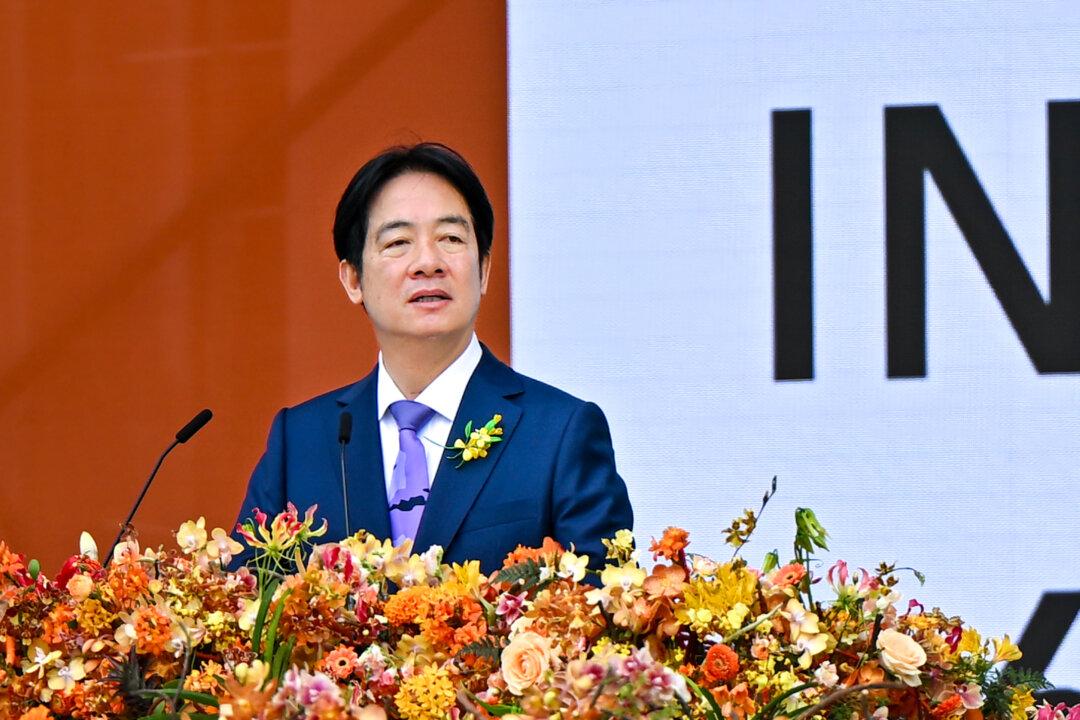Taiwan President Lai Ching-te dismissed suggestions that Taiwan’s standing in the world would be diminished after the island lost another diplomatic ally to Beijing earlier this year.
Mr. Lai, who was sworn into office in May, was asked about Nauru’s decision to switch diplomatic recognition from Taipei to Beijing just two days after his election victory in January in a wide-ranging interview with Time magazine published on June 13.





